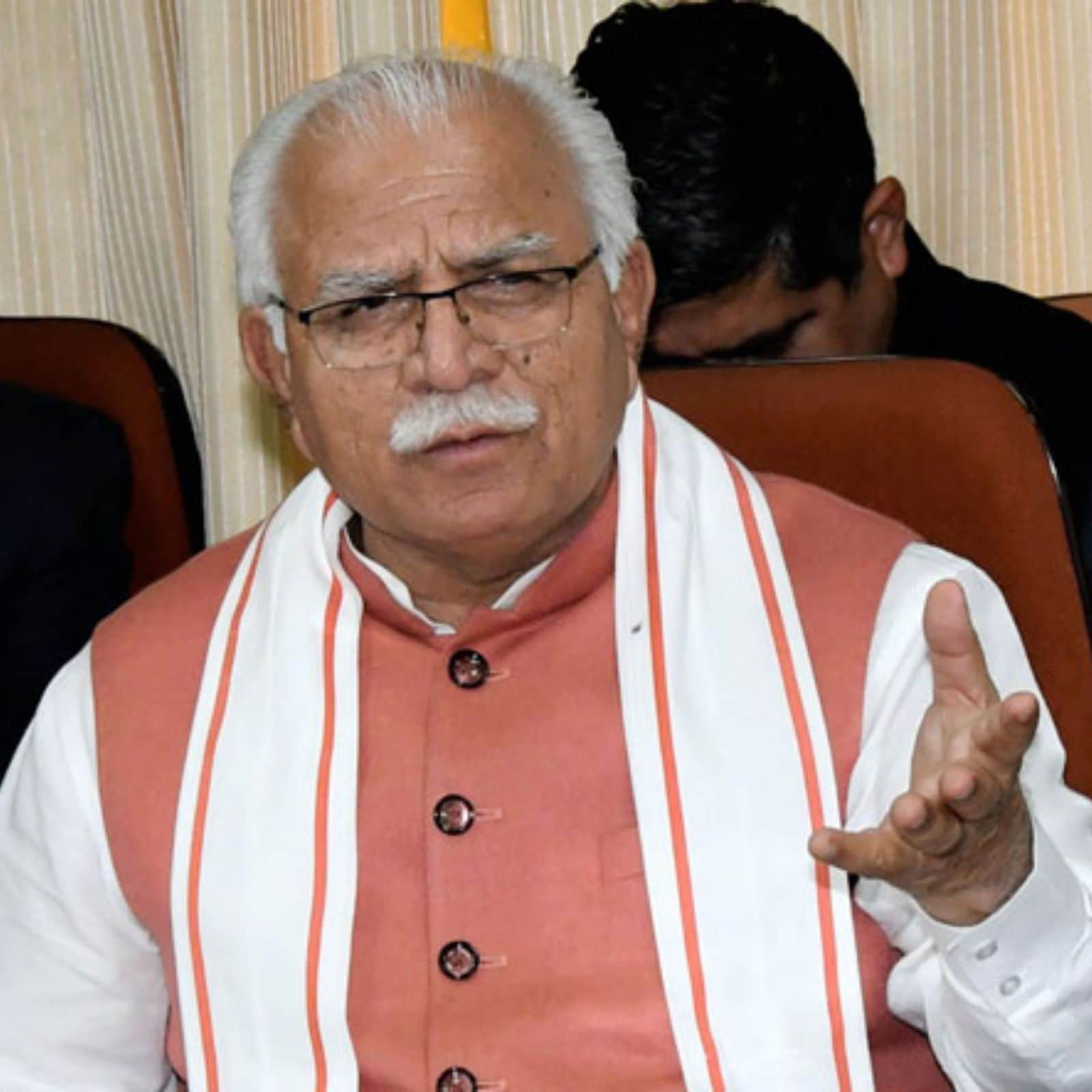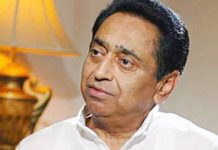
With the apex court asking Punjab and Haryana to amicably resolve the 26-year old issue of SYL canal within four months, the politics over the vexed issue is heating up gain, this time with a new dispensation in Punjab – the AAP government. A report by Rajesh Moudgil
The vexed Sutlej-Yamuna-Link (SYL) canal issue between Punjab and Haryana, is back in the news. The Supreme Court on September 6, asked the two states to amicably resolve the issue that has defied any solution for decades despite several rounds of litigation, within four months.
A three-judge bench of the top court, led by Justice Sanjay Kishan Kaul has asked the Union Jal Shakti ministry to convene a meeting of the chief ministers of the two states for the purpose and listed its next hearing in January 2023, with a report on the progress.
Asking the two states to cooperate in the matter, it observed: “Either they sit and talk or the court will order execution of the decree…. These issues should not be allowed to fester…. It will allow forces that may be inimical to the country to act and interfere”. The apex court further said that water was a natural resource and living beings must learn to share it – whether individuals or states. The matter could not be looked at from the point of view of only one city or one state, it added.
Appearing for the Union ministry of Jal Shakti, attorney general K K Venugopal, presented a letter dated September 5 and said that despite many endeavours, Punjab refused to take part in the meeting called by Centre in terms of the previous order of the court passed on July 28, 2020. The chief ministers of the two states last met on August 18, 2020 and since then, Punjab was non-committal on talks.
Representing Haryana, senior counsel Shyam Divan and additional advocate general Anish Gupta demanded execution of the 2002 decree in favour of Haryana, while representing Punjab, advocate J S Chhabra, assured the apex court that it would cooperate in finding a negotiated settlement to the problem.
The Punjab counsel Chhabra told the court that the state was keen on continuing with talks but the gap was due to Covid and the farmers’ stir. He held that the new dispensation in the state was willing to cooperate, pointing to the fact that since the court’s order of July 2020, the chief ministers met a month later to resolve the dispute.
It may be recalled that while Punjab has been demanding a negotiated settlement between the two states with the help of the Centre, Haryana has maintained it could not be made to wait indefinitely despite having a decree in its favour.
Ready to meet, discuss: AAP

The Aam Aadmi Party (AAP) supremo Arvind Kejriwal and Punjab chief minister Bhagwant Mann, were in Haryana on September 7 last in connection with a rally for the upcoming Adampur assembly seat by-election. The AAP has also announced it would fight the upcoming panchayat polls in Haryana.
On the issue pertaining to the SYL canal, Kejriwal urged Prime Minister Narendra Modi for a solution to the vexed issue of river’s water sharing through the SYL canal.
Stating that SYL canal was an important issue for both the states, he, however, said that dirty politics was played on the issue and the two states should not fight each other. He appealed to the prime minister to find a solution and offered to give his suggestion if the latter was unable to find any.
Mann also said he had no hesitation in meeting his Haryana counterpart Manohar Lal Khattar on the issue. Mann, however, also urged upon the Centre to find a solution to the issue as both states were facing water shortage.
Khattar, on the other hand, said that Haryana would not let go of its right on SYL water. He said that the people of the state had the right over the SYL waters and they were going to claim it at any cost. He went on to say that while on the one hand, Haryana was not getting water from Punjab, Delhi, on the other hand, was demanding more water from Haryana. He added that due to the non-completion of the SYL canal, the surplus, un-channelled water of the Ravi, Sutlej and Beas was going to Pakistan.
Former chief minister and leader of the Opposition Bhupinder Singh Hooda held that since the Supreme Court had already given the final verdict in favour of Haryana, therefore, the Haryana government should file a contempt in the case for the defiance of the orders of the Supreme Court.
Member of the Congress working committee, former Union minister and former Haryana Congress president Kumari Selja said the Supreme Court had once again reprimanded the Punjab government considering Haryana’s strong claim on SYL. She also held Haryana had not been able to get SYL water even after there were BJP governments in both the Center and the state for the last eight years.
Vexed since decades
Here is the timeline of the dispute between the two states:
The Supreme Court had in a decree issued on January 15, 2002 ruled in favour of Haryana and directed Punjab to construct the SYL canal within a year. This decree came on a suit filed by Haryana in the year 1996.
In June 2004, the SC reiterated its earlier decision while dismissing a suit filed by Punjab seeking discharge of its obligation to construct the SYL Canal.
However, in 2004 only, the Punjab assembly passed a law by which it cancelled the agreement with Haryana over SYL. This law went to the SC by way of a Presidential reference and got decided in November 2016.
The top court, while holding the law as unconstitutional, said that a state, which is a party to the litigation or an agreement, cannot unilaterally terminate the agreement or nullify the decree of the highest court of the country. It held that the state of Punjab could not discharge itself from its obligation which arose from the judgment and decree dated 15 January, 2002 and the judgment and order dated 4 January, 2004 of the apex court.
In July 2019, the SC while dealing with the 1996 suit filed by Haryana against Punjab noted with anguish that its January 2002 decree remained unexecuted till date and that while the court had been passing several orders since 2017 (after the Presidential reference judgment) to work out some amicable settlement between the states, the same had failed to yield any results.













